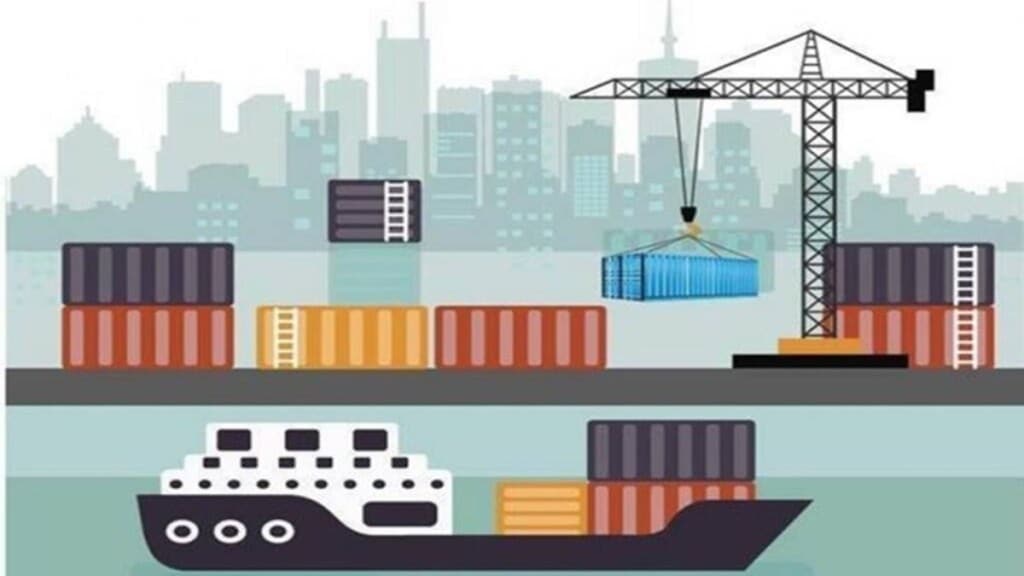The conclusion of the long-anticipated trade deal between India and the United Kingdom comes within sight, as the twelfth round of discussions, which commenced on August 16, 2023, marks a potentially decisive phase. This round, possibly the final one, aims to tie up any loose ends, putting the finishing touches on a deal that both countries want to finalise soon. A high-level UK trade delegation is here in Delhi for the Free Trade Agreement (FTA) negotiations.
The India-UK free trade agreement had witnessed unforeseen hurdles, particularly with the resignation of Boris Johnson as the British Prime Minister, which delayed the negotiation process. However, despite the challenges, sources told Financial express Online that “the agreement might be securely inked by the close of this year. Infact, it could be earlier.”
Will it be before the G20 Leaders Summit?
The source quoted above indicated that the comprehensive trade agreement, which encompasses a wide range of issues, may find its culmination in as little as a month from now. Once the free trade agreement is formalised, it holds the potential to quell the ongoing discord surrounding excise duties on Scotch whisky imports.
Free trade agreements, designed to streamline the exchange of goods and services across borders, often manifest in the form of simplified import tariffs and increased ease of trade. A key aspect of such agreements lies in their ability to lower prices of imported goods, ultimately benefiting the end consumer.
Cheers for Scotch whisky soon?
For the aficionados of Scotch whisky in India, this impending trade pact could translate to a tangible reduction in costs, making the indulgence in their favorite spirit a more accessible delight.
G20 Trade & Investment Working Group meeting from August 21-25
Senior officials from the UK’s Trade Ministry are expected to participate in discussions that could impact the global trading environment. Against this backdrop, optimism remains steadfast among the diplomats and officials. Indian High Commissioner to the UK, Vikram Doraiswami, expressed hope for a mutually beneficial pact. The preceding round of negotiations adopted a hybrid format, with Indian officials engaging in both physical meetings in London and virtual interactions.
Eleventh Round
Significant progress achieved by solidifying agreements on a remarkable 19 out of the 26 chapters and policy areas under discussion.
The eleventh round’s significance was further underscored by the participation of Piyush Goyal, Minister for Commerce and Industry. During this round, he engaged with prominent UK officials, including Kemi Badenoch MP, the Secretary of State for Business and Trade, and Nigel Huddleston MP, Minister of State for International Trade. The discussions aimed not only at advancing FTA negotiations but also at exploring broader horizons of trade and investment collaboration between the two nations.
Background
In 2022, both nations expressed a strong desire to finalize the FTA negotiations by Diwali. Nevertheless, due to unfolding political events in the UK, the deadline was not met.
The accord encompasses 26 sections – such as trade in goods, services, investments, and intellectual property rights. India is also actively pursuing simplified business procedures and temporary visa regulations aimed at proficient experts.
The reduction or elimination of customs tariffs as outlined in the agreement would greatly benefit labour-intensive sectors in India, such as textiles, leather, and gems and jewellery, by augmenting exports to the UK market. Also, the UK is seeking concessions on duties concerning Scotch whiskey and automobiles. Both sides are striving to establish a mutually advantageous agreement.
Based on publicly accessible data, bilateral trade between the two nations surged to $17.5 billion during 2021-22, marking a substantial rise from $13.2 billion recorded in 2020-21. In this period, India’s exports amounted to $10.5 billion, with imports totalling $7 billion.
India’s principal exports to the UK encompass ready-made garments, textiles, gems and jewelry, engineering goods, petrochemical products, transportation equipment and parts, spices, metal products, machinery, instruments, pharmaceuticals, and marine commodities.
Prominent imports consist of precious and semi-precious stones, ores, metal scraps, engineering products, professional instruments, non-ferrous metals, chemicals, and machinery. The UK remains a noteworthy investor in India, with New Delhi attracting USD 1.64 billion in foreign direct investment during 2021-22. Notably, the cumulative figure from April 2000 to March 2022 stood at approximately USD 32 billion. Additionally, the UK occupies a prominent position within Europe as a significant market for Indian IT services in the realm of the services sector.
